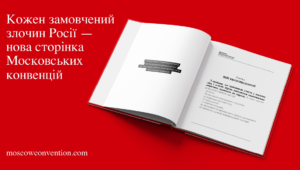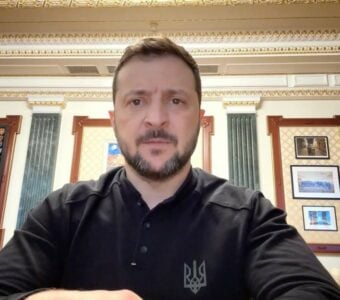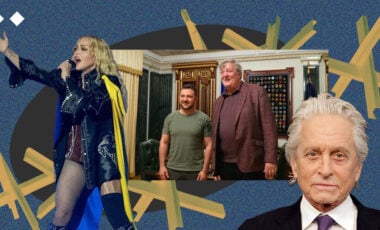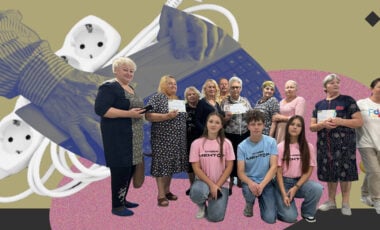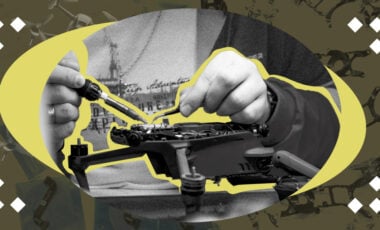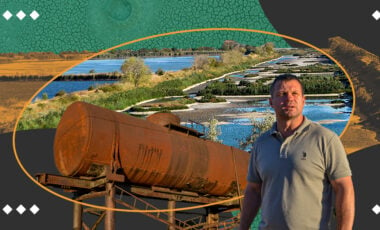Switzerland launches first criminal probe into Russia sanctions breaches
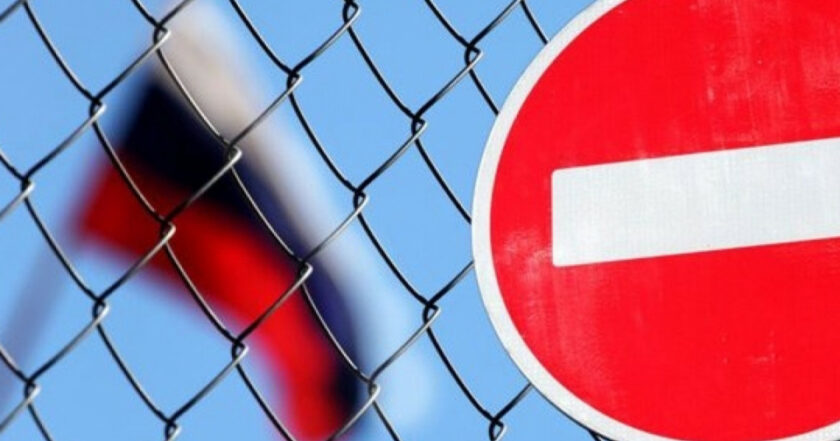
The attorney general of Switzerland launched an initial criminal inquiry into purported violations of sanctions against Russia by a company whose name has not been disclosed.
The Financial Times reported this.
The publication notes that this was the first sign that Bern is ready to prosecute groups of individuals for doing business with Moscow.
The attorney general's office said that the company violated Swiss rules by using its subsidiaries abroad, refusing to name the group or sector in which it operates.
The action against the Swiss-based group marks a watershed moment for enforcing sanctions in Switzerland.
The attorney general picked up the case at the request of the State Secretariat for Economic Affairs (SECO), the government agency in charge of enforcing sanctions.
They note that the Swiss sanctions, introduced after Russian dictator Vladimir Putin's full-scale invasion of Ukraine in 2022, are a mirror image of measures taken by other Western countries.
In a statement to the Financial Times, Attorney General spokeswoman Linda von Burg said that while SECO is responsible for monitoring sanctions violations, the attorney general can initiate criminal proceedings "if the significance of the offense warrants it."
SECO also asked prosecutors to open criminal charges against a second company for similar reasons. However, the attorney general rejected this request, deciding it was not a "case of special importance."
"The federal prosecutor's office took over one of these cases and refused to take over the other," von Burg said.
In addition, on March 7, the Council of Cantons of the Swiss Parliament approved a proposal that could allow the use of sovereign Russian assets frozen in the country to finance military reparations in Ukraine.
For reference:
On February 23, the United States of America introduced a large-scale package of sanctions against Russia for its military aggression in Ukraine. Hundreds of legal entities fell under the restrictions.
According to the head of EU diplomacy, almost 200 more people and companies were added to the sanctions lists. Sanctions are also aimed at blocking "loopholes" to circumvent sanctions. The President of the European Commission, Ursula von der Leyen, previously reported that the EU is limiting Russia's access to drones.
Also, within the framework of the 13th package of sanctions against Russia, the European Union imposed restrictions on several governors, "officials" in the occupied territories, and representatives of the DPRK.
In addition, Canada introduced new sanctions against the Russian Federation. Some defense factories, a seaport, and an assistant to the President of the Russian Federation, Vladimir Putin, were subject to the restrictions.
New Zealand also announced a new package of sanctions against the Russian Federation.



